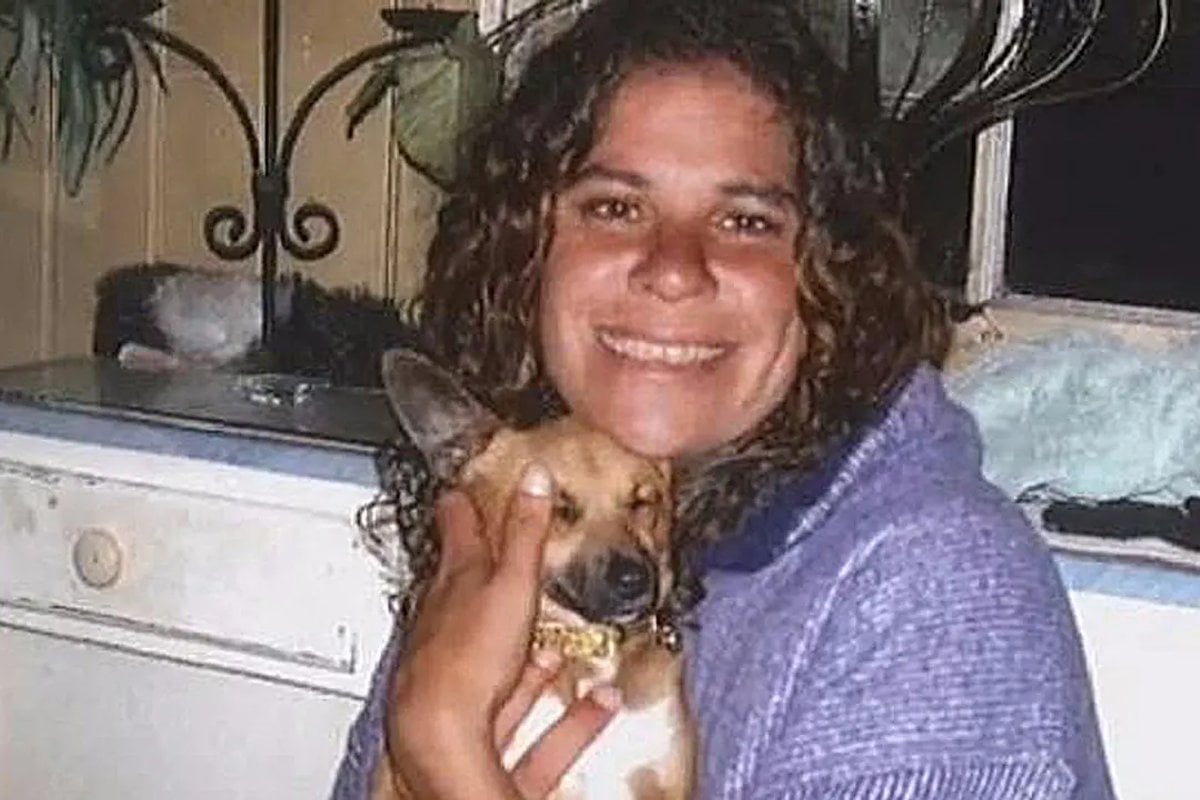
Content warning: Aboriginal and Torres Strait Islander readers are warned that the following story contains images of deceased persons. This story also deals with domestic and sexual violence, which may be triggering for some readers.
Almost 12 years ago, on January 26, 2011, Lynette "Norma" Daley and her partner Adrian Attwater, along with Attwater's friend Paul Maris, went on a camping trip.
It was a hot Australia Day and the trio, who were drinking heavily, camped at isolated Ten Mile Beach, which is north of the town of Yamba in New South Wales.
Attwater then performed a violent sex act on Lynette while she was too intoxicated to either consent or fight back. She suffered horrific internal and external injuries from the rape. Maris also participated and raped Lynette.
The men then drove Lynette to the beach, where Attwater took Lynette into the water in an effort to revive her and perhaps to wash the blood off her. By then, Lynette had lost two litres of blood.
Several hours after the rape, on the morning of January 27, Maris finally called an ambulance. By then, it was far too late. When the ambulance arrived, they found Lynette cold, naked, and unresponsive. She was pronounced dead at the scene.
Lynette was only 33 years old. She was a mum to seven children.
An autopsy would later find her death was caused by blunt force genital tract trauma and that she had bled out from two deep lacerations to her vagina. Her blood alcohol concentration was dangerously high at 0.352, which means she would absolutely not have been awake to provide consent to anything, let alone sex.

Top Comments